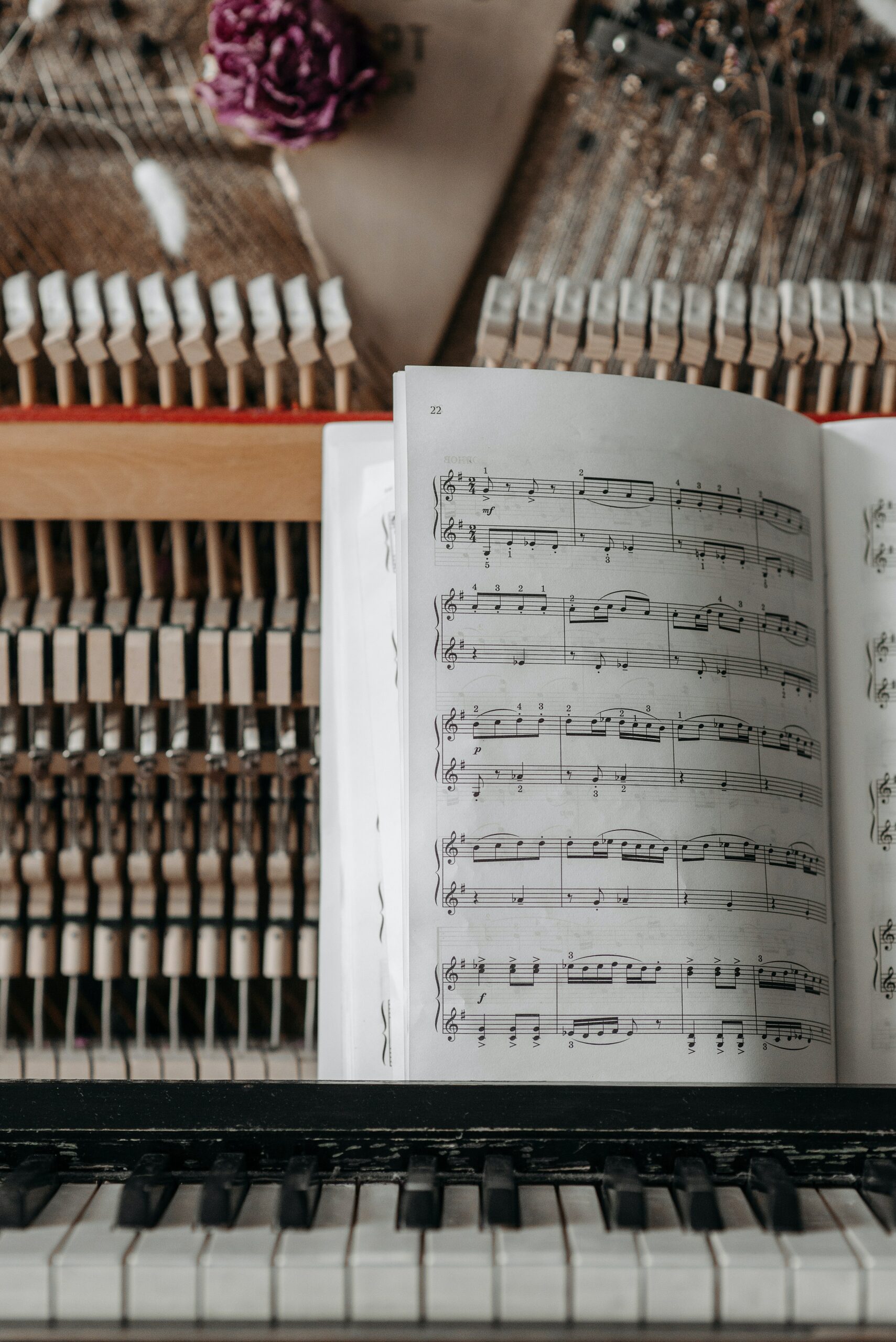How and why do we have to practice Scales
Let’s start with the Why?
Why every single piano teacher makes their piano students practice scales every day?
It can be for fun, we presume. No, it is not. Scales are the foundation of every piece of music, and by practicing them, we gain many positive assets. Let us see in detail what we obtain from practicing scales every day:
Technical aspect: by focusing on the dexterity of our fingers without the handful of information that any piece requires, such as expression (dynamics), durations (notes), Rhythm (values) and overall, right and left hands sometimes with entirely different phrases between them; we are allowed to master all the necessary technical aspects, to polish the physical part of the playing which will help tremendously to play the pieces we love with confidence and in an impeccable manner.
Expressive aspect: I do know that maybe you are thinking “What kind of expression can I make playing scales?” and the answer is: a lot!
After all, the dynamics, from the technical point of view, are achieved by creating more or less distance from the keys to our fingers, creating a momentum in which we use physics to produce a louder sound.
This technique can be mastered through the study of scales. How?
Very simple. Just include crescendo and diminuendo to your scales (gradually getting louder or softer)
In this article, Maestra Gisela Paterno, founder of Compose your Music, has created a useful and step-by-step guide for playing scales. She started with C Major Scale, as it is the easiest for every piano beginner(it uses only the white keys of the piano) easily and progressively.
https://www.piano-composer-teacher-london.co.uk/post/how-to-play-major-scales
Firstly, right hand and left separately and just one octave (first eight notes). Then, one-octave hands together.
Once you have mastered the foundation exercises, the next step: two-octave scale hands separately and finally, together.
For the ones interested in Music Theory, there is an introduction to learn the “formula” for the Major scales. This formula can be easily applied to the rest of the scales, just “transposing” them to other notes.





